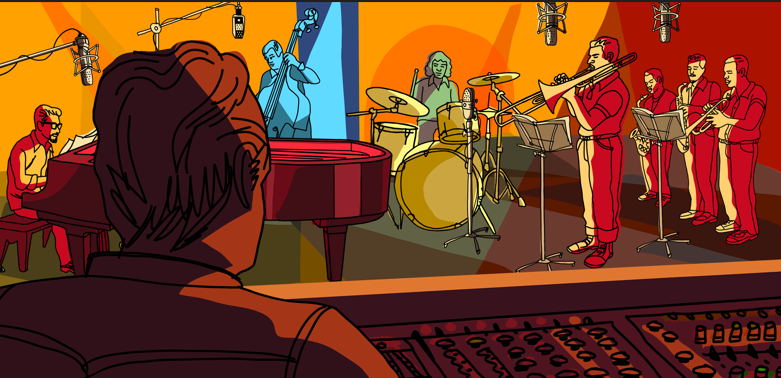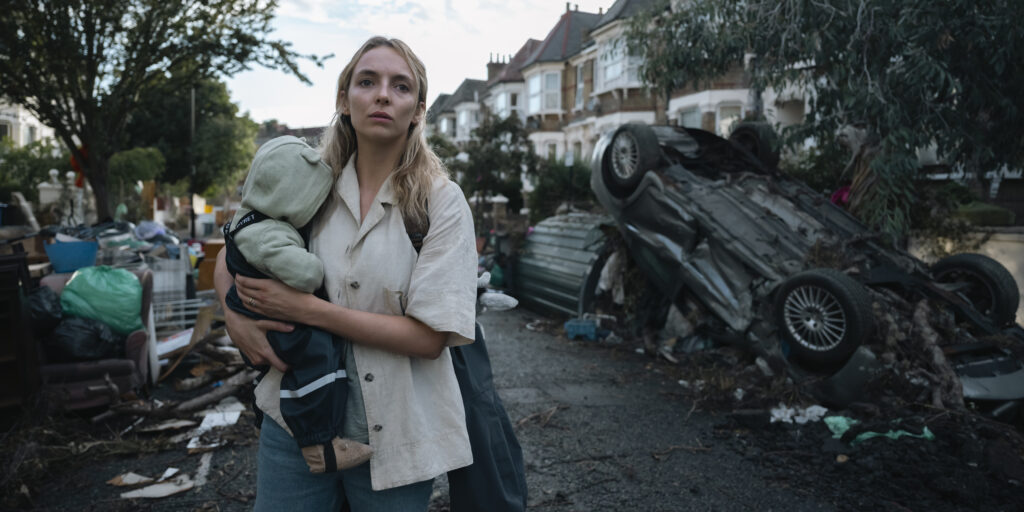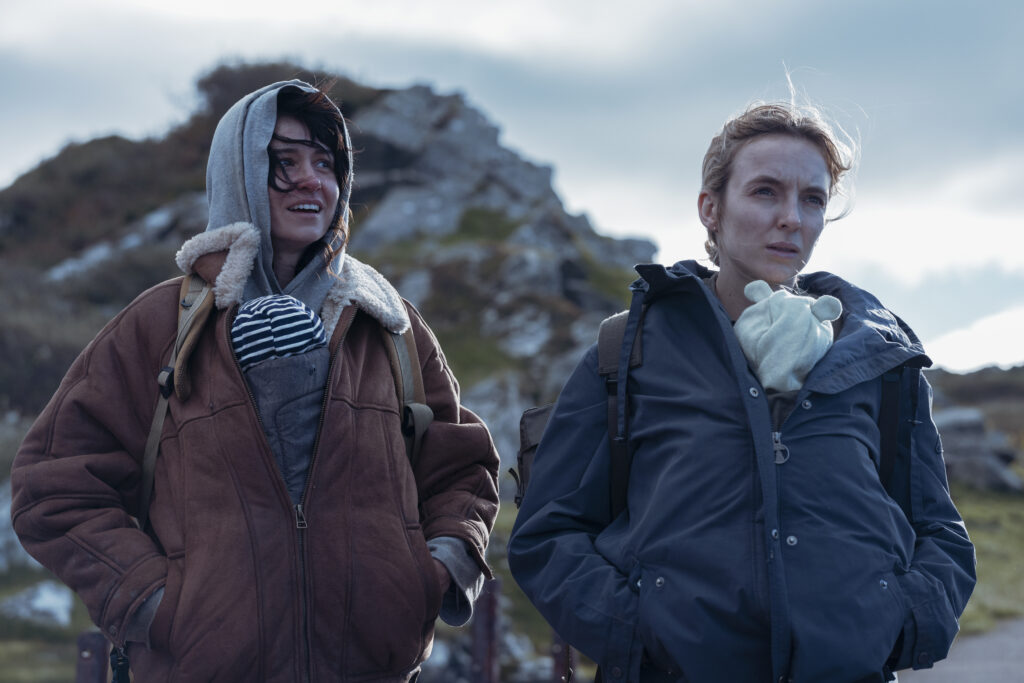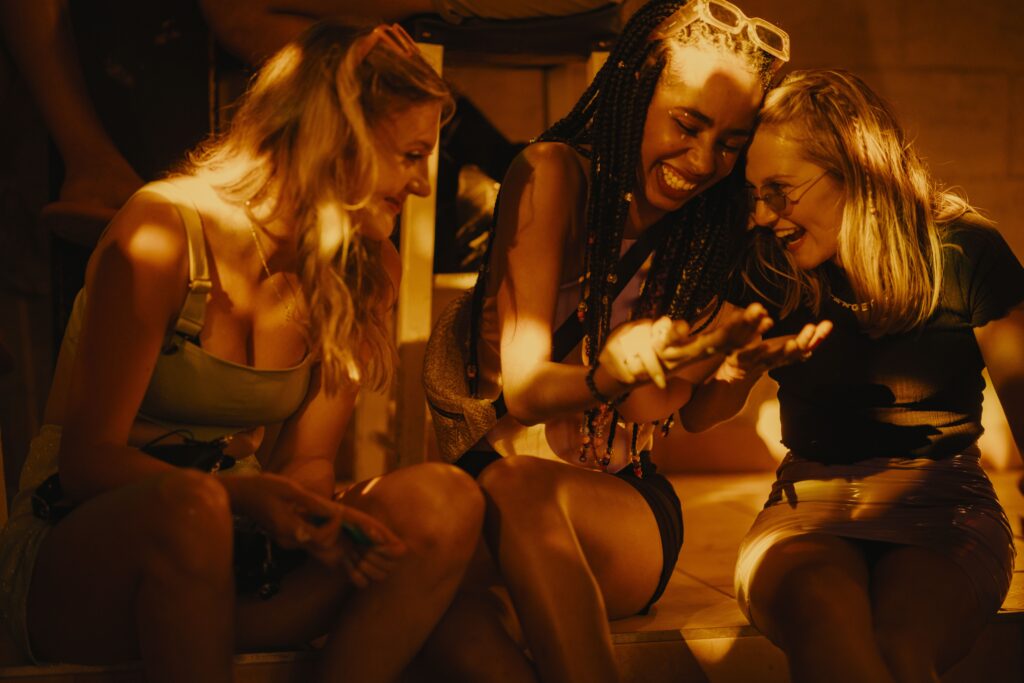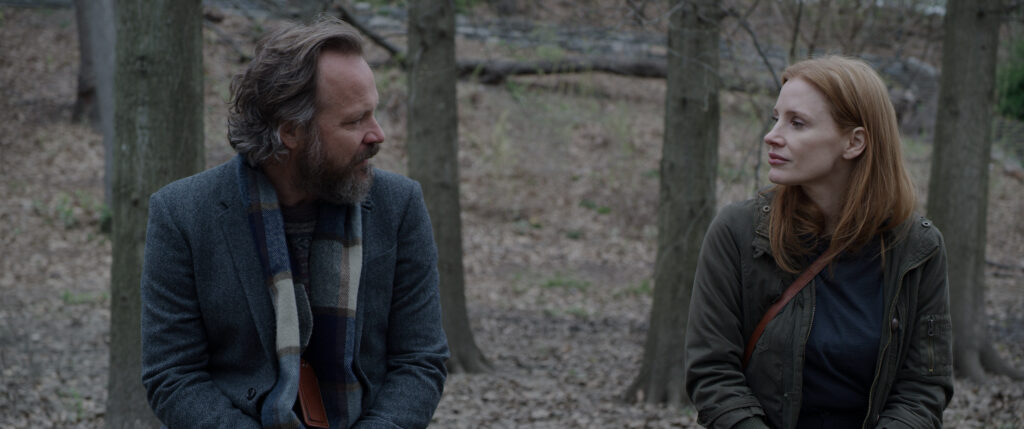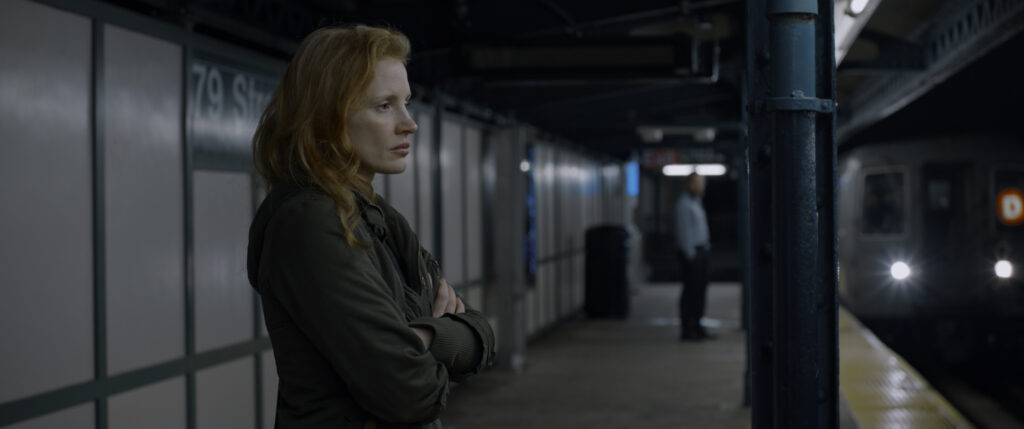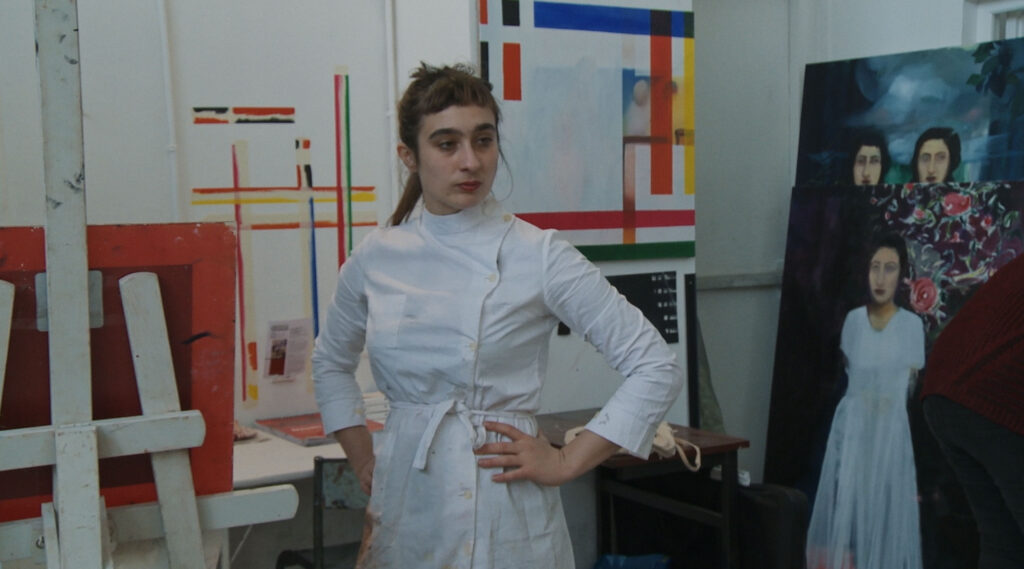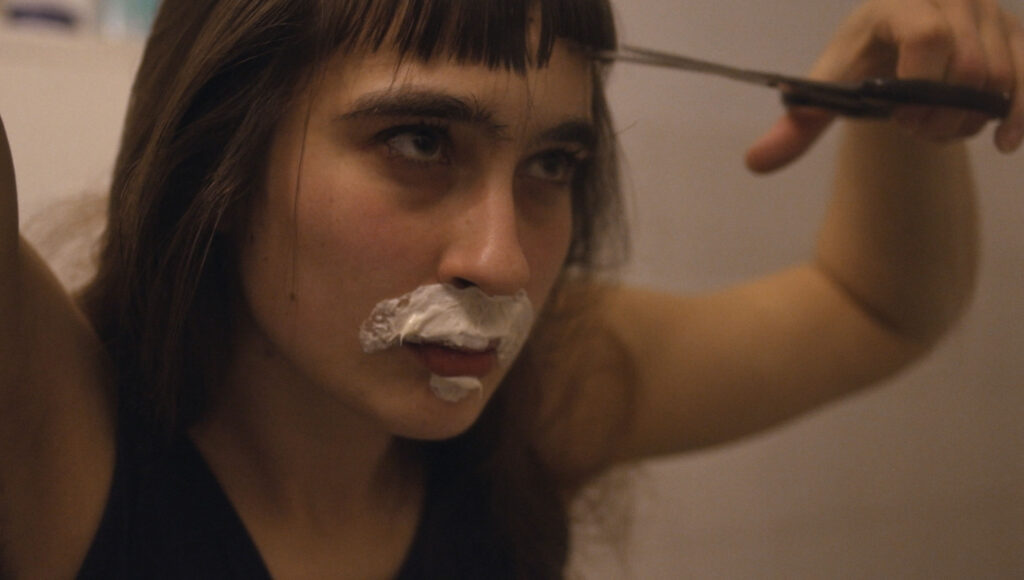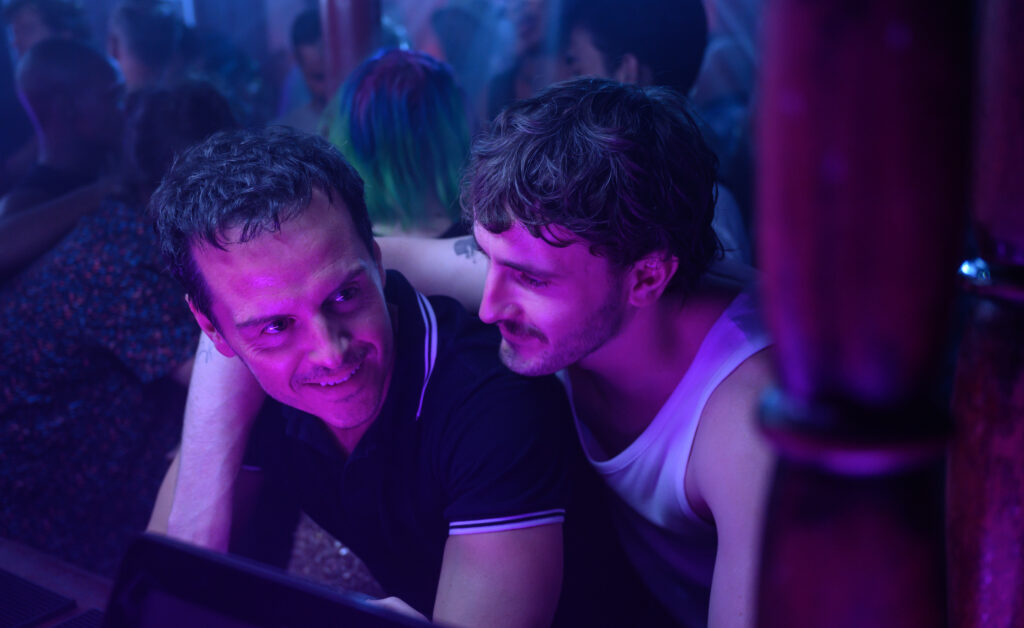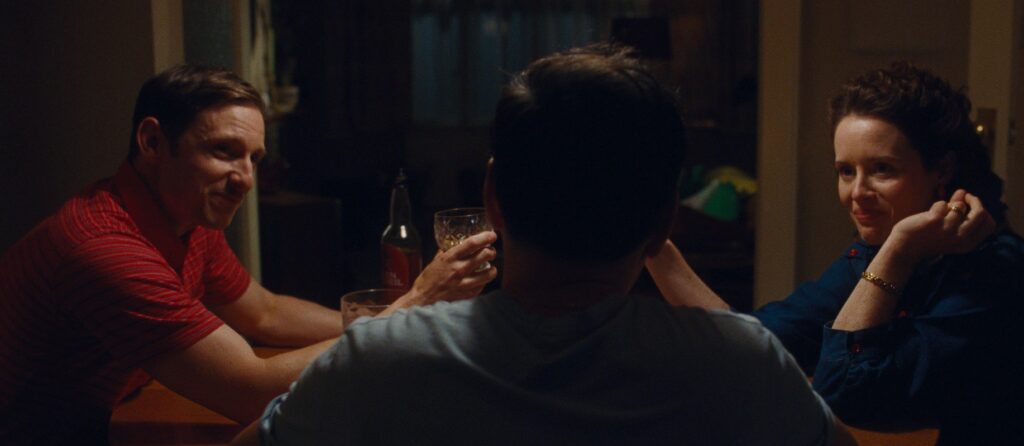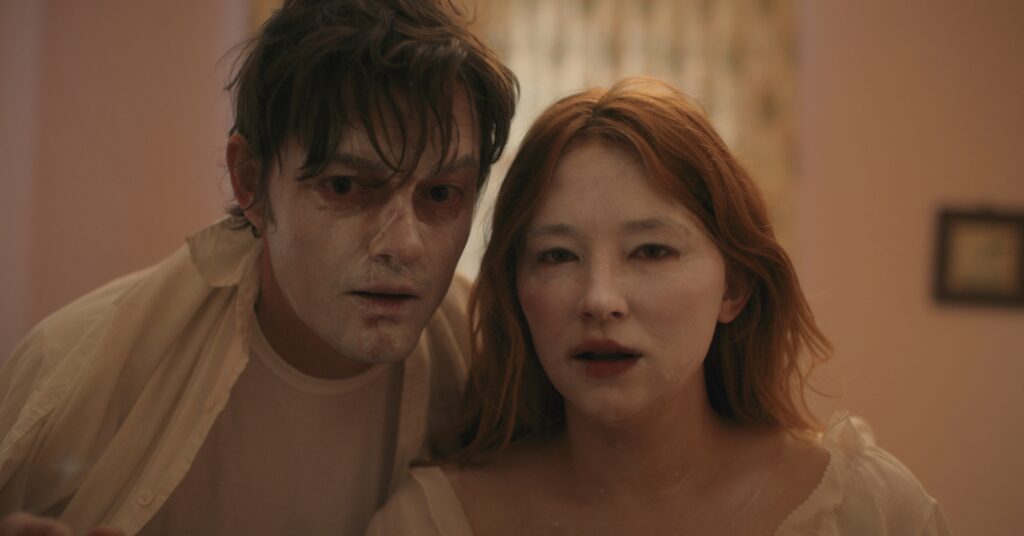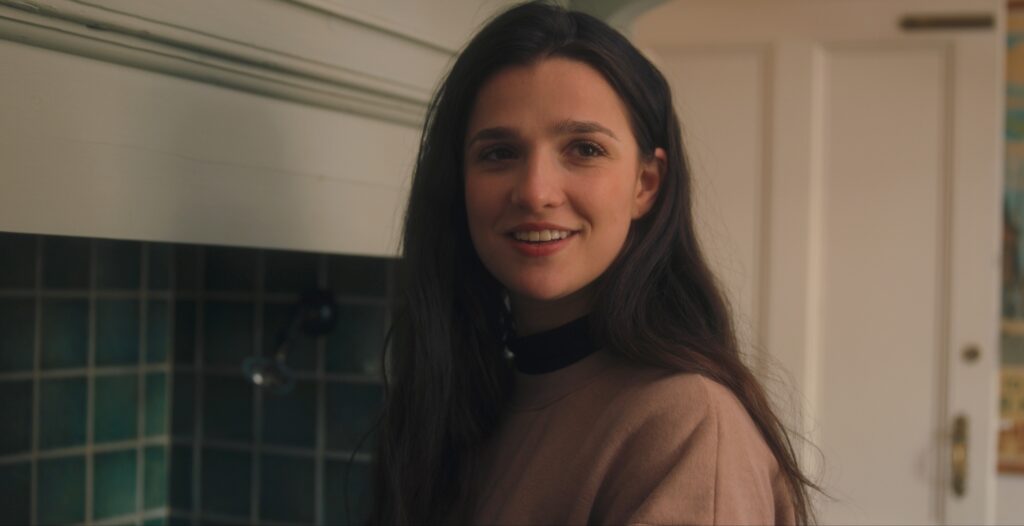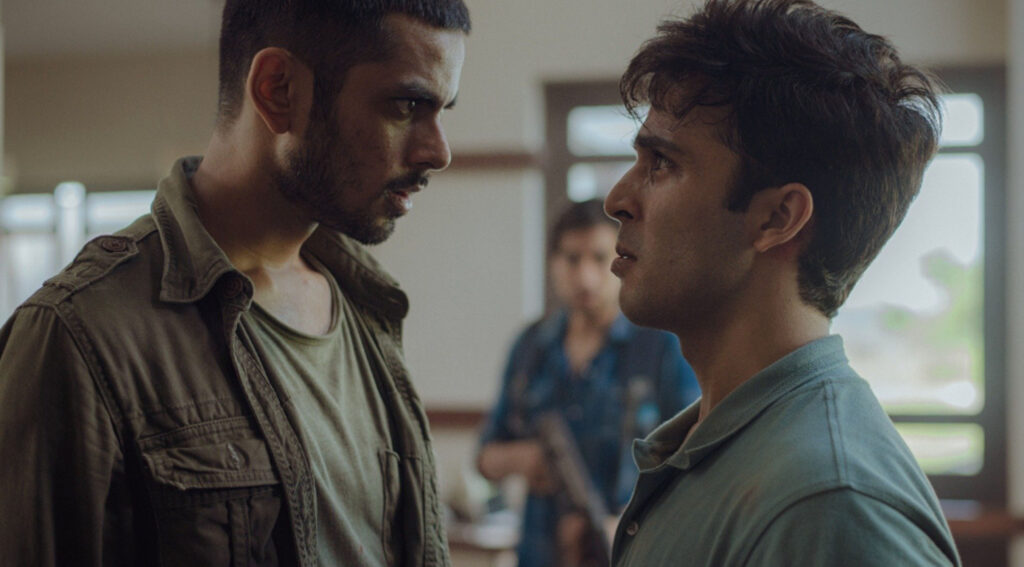March 17, 2024
by Carla Hay

Directed by Noora Niasari
Some language in Farsi with subtitles
Culture Representation: Taking place in Australia in the late 1990s, in the dramatic film “Shayda” features a white and Arabic/Asian cast of characters representing the working-class and middle-class.
Culture Clash: While living in Australia, an Iranian immigrant and her 6-year-old daughter stay at a shelter for domestic abuse survivors, as the mother worries for their safety and how her impending divorce from her estranged Iranian husband will affect her immigration visa issues.
Culture Audience: “Shayda” will appeal primarily to people who are fans of are interested in watching movies about issues related to immigration and domestic abuse.

“Shayda” tells a nuanced and meaningful story of an Iranian immigrant woman raising her 6-year-old daughter, as they live in an Australian shelter for domestic violence survivors. The film shows in heart-wrenching details what coping with trauma looks like. There have been many movies about women and children seeking safety from domestic violence, but they are rarely told from the perspectives of immigrants living in a nation where they are not citizens.
Written and directed by Noora Niasari, “Shayda” is inspired by Niasari’s own childhood experiences in Australia of temporarily staying at a domestic violence shelter with her mother. “Shayda” had its world premiere at the 2023 Sundance Film Festival and made the rounds at several other film festivals in 2023, including the Toronto International Film Festival and the BFI London Film Festival. “Shayda” was Australia’s official entry for Best International Feature Film for the 2024 Academy Awards but didn’t make it on the Oscar shortlist to be nominated.
In “Shayda” (which takes place in Australia in the late 1990s), a woman named Shayda (played by Zar Amir Ebrahimi) is seeking shelter from her abusive, estranged husband Hossein (played by Osamah Sami), who is also an Iranian immigrant. Hossein and Shadya moved to Australia because Hossein is a graduate student at an unnamed university. Shayda and Hossein’s 6-year-old daughter is Mona (played by Selina Zahednia), who is an inquisitive and obedient child who is a big fan of “The Lion King” movie.
Shayda wants to divorce Hossein, but the matter is complicated because the divorce has to be in Iran. Shayda wants to keep living in Australia after the divorce. Hossein wants to move back to Iran after he graduates from his university program. He also threatens Shayda by saying that she will be killed if she goes through with the divorce.
The movie has some scenes showing Shayda’s frustrations of doing depositions by phone for these divorce proceedings. (Remember, this story take place the late 1990s, when video streaming over the Internet was still very uncommon and not accessible to the average person.) She often has the sinking feeling that the attorneys and judge involved in the divorce are biased against her, because it’s considered to be scandalous in patriarchal Iran for a wife to divorce her husband.
The shelter is operated by a no-nonsense manager named Cathy (played by Bev Killick), who often has to instruct the frightened women at the shelter on what to do, in case their abusers come looking for them or try to violate child custody arrangements. There’s a scene where an unidentified person in a car is parked across the street from the shelter and seems to have the place under surveillance. Cathy goes outside to confront the driver, who quickly drives off. It’s implied that one of the women in the shelter is being stalked.
There are no flashback scenes in the movie of Shayda being abused, nor does she tell anyone the specifics of what Hossein did it her. It’s left up to viewers’ speculation how bad the abuse was. Throughout the movie, Shayda shows signs of post-traumatic stress disorder. She has trouble sleeping. And she’s very paranoid that Hossein is out to get her, to the point where she sometimes hallucinates that he is in the same room, when he isn’t even in the building.
Shayda also has a dilemma of how much she should shield Mona from the truth. There are hints that Mona doesn’t know exactly what’s going on with the divorce, because Mona sometimes complains to Shayda that she wants to go home. Shayda doesn’t want Mona to hate Hossein, but she doesn’t want Mona to completely trust hm either.
Hossein’s visitations with Mona are fraught with tension. Shayda doesn’t say it out loud, but she’s worried that Hossein will go somewhere with Mona and never come back. Understandably, Shayda gets very upset when Hossein in late in bringing back Monda during a visitation. Shayda doesn’t want to get too upset with Hossein because she doesn’t want to make their divorce proceedings worse. Shayda sees indications that Hossein has been spying on her, either by himself or by getting other people to do the spying for him
Shayda keeps mostly to herself and isn’t very sociable with the other women at the shelter. The other shelter residents include shy Lara (played by Eve Morey), extrovert Vi (played by Jillian Nguyen) and racist “wild child” Renee (played by Lucinda Armstrong Hall), a young single mother who expects Shayda to look after Renee’s toddler, as if Shayda is a servant. Shayda’s closest friend is another Iranian immigrant named Elly (played by Rina Mousavi), who is very concerned about how Shayda’s horrible domestic problems are affecting Shayda’s mental health.
Elly encourages a reluctant Shayda to go to nightclubs and parties with her to meet new people, have some fun, and take Shayda’s mind off of her troubles. It’s at one of these nightclubs that Shayda meets Farhad (played by Mojean Aria), an attractive cousin of Elly’s, who has recently arrived from Canada. Farhad and Shayda are immediately attracted to each other. But if Farhad and Shayda start dating each other, what will happen if jealous and possessive Hossein finds out?
“Shayda” shows in unflinching ways how even though Shayda is a very attentive mother to Mona, the stress and paranoia that Shayda is experiencing can negatively affect her parenting skills. There’s also the valid fear that any decision that Shayda makes regarding the new life that Shayda wants away from Hossein could make Shayda vulnerable to even more abuse from him and possibly murder. “Shayda” doesn’t try to oversimplify these very complicated issues.
The admirable performances of Ebrahimi and Zahednia as Shayda and Mona are at the heart of this tension-filled movie. The other cast members also play their roles quite well. The story takes place during Nowruz, the two-week celebration of the Persian New Year. However, the end of the movie shows in no uncertain terms that what Shayda and Mona experience in these two weeks will affect them for the rest of their lives.
Sony Pictures Classics released in select U.S. cinemas on December 1, 2023, with an expansion to more U.S. cinemas on March 1, 2024. “Shayda” was released in Australia on October 5, 2023.

